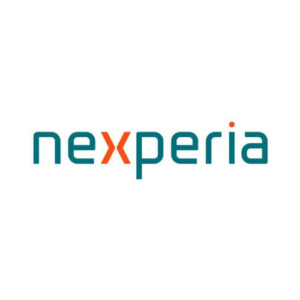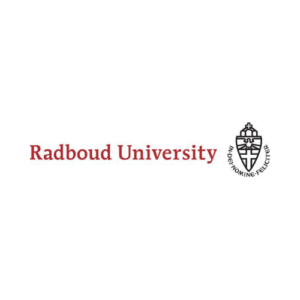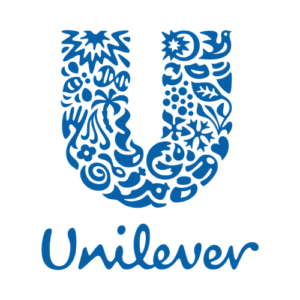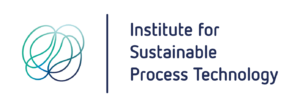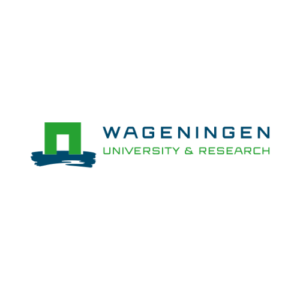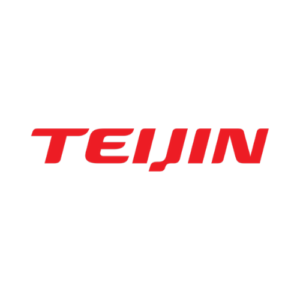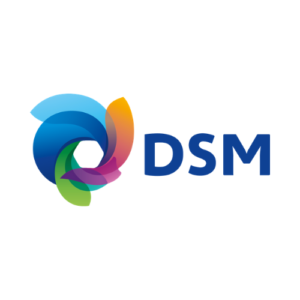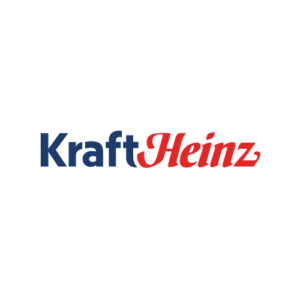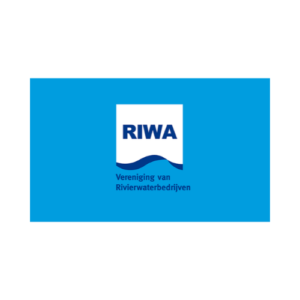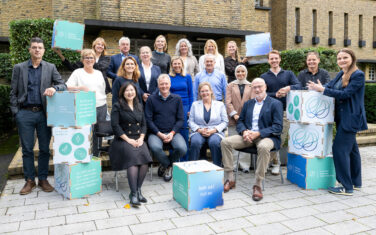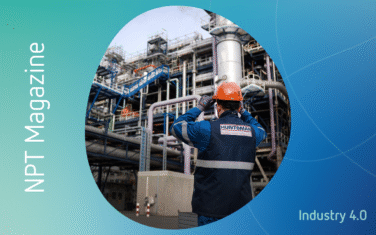Measurement 4 Management (M4M) focused on applying data-driven decision-making in the process industry, by combining artificial intelligence (AI) with the domain knowledge of process engineers.
In short:
- The project delivered digital innovations that contribute to energy and resource efficiency, quality improvement, and sustainable process management, in line with the ambitions of Industry 4.0 and 5.0.
- The M4M consortium learned valuable lessons through real-world case studies.
- The project has delivered a social and digital toolbox that significantly enhances the sustainability potential of the Dutch process industry.
The importance of data
The process industry is under increasing pressure to meet technological demands driven by global competition, sustainability goals, and the growing need for quality and environmental transparency across the value chain. Data plays a crucial role in this transformation – from feedstock analysis to product quality control. With the rise of Industry 4.0 and the evolution into Industry 5.0, artificial intelligence is now being integrated with the hands-on expertise of operational and engineering professionals to improve decision-making.
Within this context, the M4M project supports the digitalisation of industry as a vital step towards sustainability. By combining AI and human knowledge, the project fosters more efficient, resilient processes with less waste and emissions. Ultimately, M4M provides a foundation for CO₂-free production and sustainable innovation in Dutch industry.
M4M: Aim and approach
The M4M consortium consisted of three academic research groups specializing in chemical data science, environmental sciences and educational sciences. These groups collaborated with nine key industrial stakeholders, each of which contributed valuable case studies.
The aim of the M4M project was to develop an integrated digital approach to process optimisation based on three pillars:
- Enhancing data extraction: Improving the extraction of chemical and engineering information from process data, transforming Artificial Intelligence into Real, Physical Intelligence. For example, Teijin Aramid utilized these insights to develop models that directly apply to their industrial processes, enhancing their operational efficiency.
- Broadening performance evaluation: Expanding process performance evaluation beyond quality to include a comprehensive set of Key Performance Indicators, enabling informed decision-making for process value generation.
- Integrating process experts: By actively involving process experts, M4M co-creates informed digital solutions, ensuring that the knowledge of operators and engineers is central to the decision-making process. Unilever found that combining data-driven modelling with expert knowledge from within the company led to more effective results.
Results and revenues
The project’s outcomes include digital innovations that enhance process resilience and create value propositions that align with the SQDCME dimensions. This collaboration has fostered a systematic approach to AI in industry, ensuring that it meets the needs of process owners and addresses industrial challenges.
Notable results of the M4M project include:
- Predictive power for yarn properties: By combining process spectroscopy with parameter measurements, Teijin Aramid was able to better predict yarn properties, improving both quality control and operational resilience.
- Transparency between quality, cost, and environmental impact: The models developed in the project created transparency, allowing online process analytical data to serve not only for quality control but also for managing the environmental impact of production processes. This approach has been implemented in KraftHeinz, where hand-held spectroscopy devices allow for early screening of raw materials and help optimize processes beyond just quality and cost, contributing to sustainability.
- Onboarding Industry 4.0: The development of a qualitative interview tool to assess the challenges of integrating Industry 4.0 into the work of process experts has been essential in ensuring that stakeholders are aligned. This tool has been particularly useful in projects with Nexperia, where semiconductor manufacturing required a significant shift in infrastructure to accommodate predictive technologies.
A future-proof toolbox for sustainable industry
The outcomes of the M4M project contribute to the development of a comprehensive social and digital toolbox that supports the sustainable operation of the Dutch process industry. With its focus on resilience, sustainability, and the integration of digital technologies, M4M sets the stage for a more sustainable, efficient, and digitally empowered industrial landscape.
You might also be interested in
Acknowledgement & partners
This project is co-funded by TKI-E&I with the supplementary grant 'TKI- Toeslag' for Topconsortia for Knowledge and Innovation (TKI’s) of the Ministry of Economic Affairs and Climate Policy.
